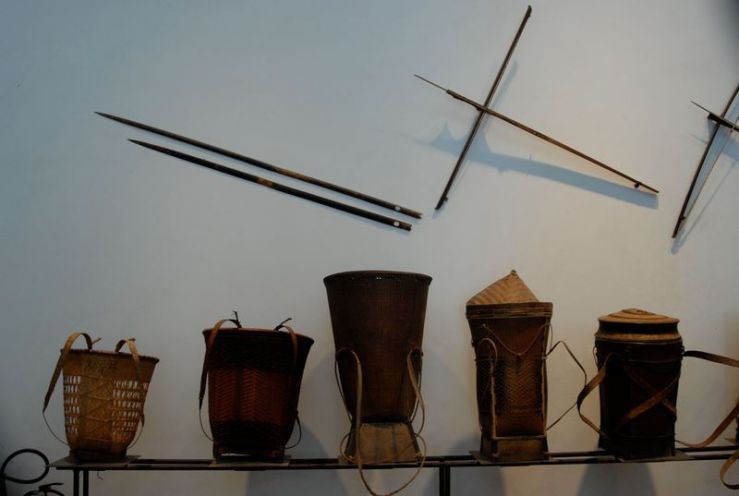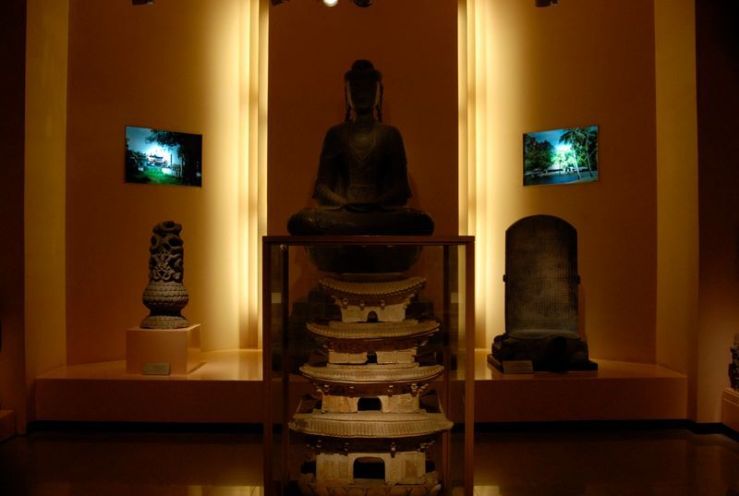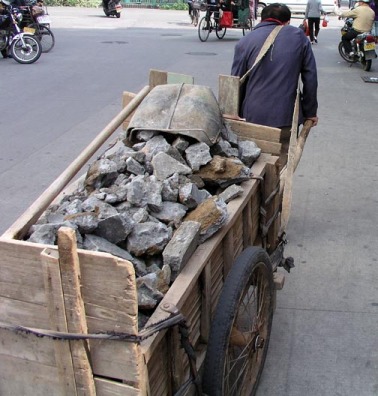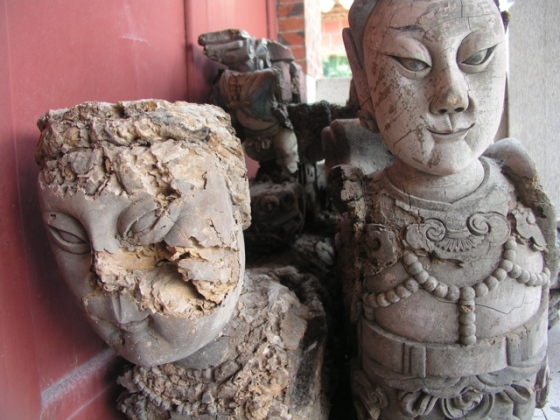Children watched everything from a council bluff where Native American tribes of their nation gathered for a Ghost Dance ceremony. They shared a spirit vision of a Northwest tribe called the Kalapuya.
A hunting gathering people speaking Pentian, they numbered 3000 in 1780. They believed in nature spirits, vision quests and guardian spirits. Their shamans, called, amp a lak ya taught them how seeking, finding and following one’s spirit or dream power and singing their song was essential in their community.
An ancestor spoke to the tribes. “I speak in tongues, in ancient dialects about love. Dialects of ancestors who lived here for 8,000 years before where you are now. In the forest near the river all animal spirits welcome you with their love. They are manifestations of your being.
“I am blessed to welcome you here. You have walked along many paths of love to reach me.
“My dirt path is narrow and smooth in places, rocky in others. I am the soil under your feet. I feel your weight, your balance, your weakness and your strength. I hear your heart beating as my ancestors pounded their ceremonial drums. I feel the tremendous surging force of your breath extend into my forest. Wind accepts your breath.
“I am everything you see, smell, taste, touch and hear. I am the oak, the fir and pine trees spread like dreams upon your outer landscape. I am your inner landscape. I see you stand silent in the forest hearing trees nudge each other. ‘Look,’ they say, “Someone has returned.’
“I love the way you absorb the song of brown body thrush collecting moss for a nest. I am the small brown bird saying hello. I am the sweet throated song you hear without listening. At night two owls sing their distant song and their music fills your ears with mystery and love.
“I am warm spring sun on your face filtered through leaves of time. I am the spider’s web dancing with diamond points of light. I am the rough fragile texture of bark you gently remove before connecting the edge of an axe with wood. You carry me through my forest, your flame creates heat of love. I am the taste of pitch on your lips, the odor of forest in your nostrils, filling your lungs. It is sweet.
“I am the cold rain and wet snow and hot sun and four seasons. I am the yellow, purple, red, blue, orange flowers out of brown earth.
“I am an old dialect of Kalapuya tribes. I respect the spirit energies. I hear with my eyes and see with my ears. I understand your love for the spirit power guardian. I am the ancestor speaking 300 languages from our history. Now only 150 dialects remain. Language cannot be separated from who you are and where you live.
“I say this so you will remember everything in this forest. I took care of this place and now your love has the responsibility.”









 Share Article
Share Article 








